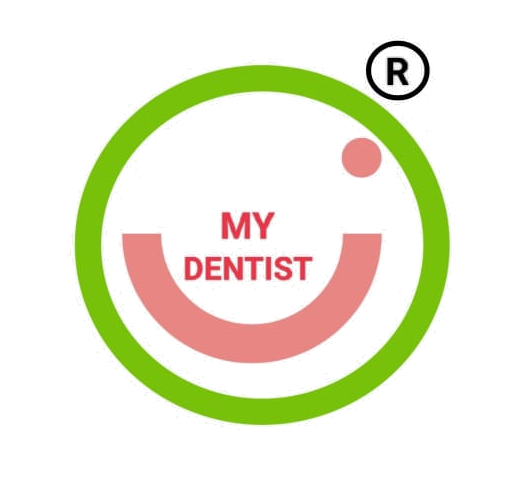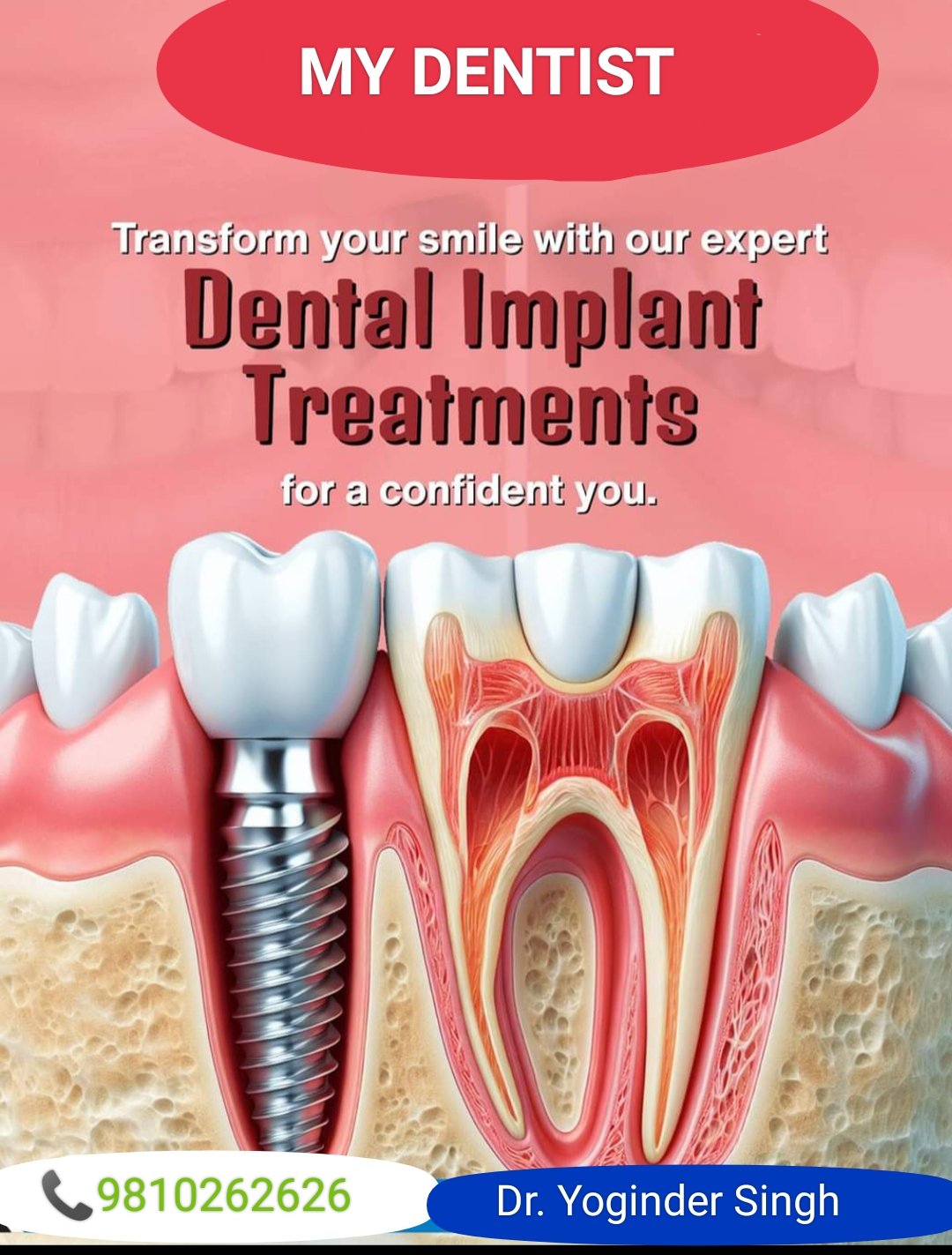dental implants

 Award Winning Patient Education
Award Winning Patient EducationDental implants are a modern solution for missing teeth. If you’re researching dental implants to improve oral health, this comprehensive guide covers everything: dental implants procedure, cost, recovery, pros and cons, lifespan, alternatives, and common myths.
AFFORDABLE Dental Implants: Step by Step Procedure
The dental implants procedure usually involves several stages:
- Consultation & planning: Initial exam, imaging, and a customized treatment plan.
- Implant placement: A titanium post is surgically anchored into the jawbone under local anesthesia.
- Healing and osseointegration: Over 3–6 months, the implant fuses with the bone to form a solid foundation.
- Abutment placement: A connector (abutment) is placed on the implant to support the new tooth.
- Crown fitting: Finally, a custom-made crown is attached to the abutment to restore function and appearance.
Maintaining oral hygiene and regular dental visits ensure a smooth recovery timeline post‑implant placement.
Dental Implants
Dental implants are a common surgical tooth replacement option. They provide support for artificial teeth like crowns, bridges and dentures. Dental implant placement may require a few procedures and several months of healing. But once an implant heals, you can use it just like a natural tooth. With proper care, your implant can last a lifetime
Overview
A dental implant replaces a missing tooth root. Once the implant heals, your dentist can restore it with an artificial tooth.
What are dental implants?
Dental implants are small, threaded posts that surgically replace missing teeth In addition to filling in gaps in your smile, dental implants improve chewing function and overall oral health. Once healed, implants work much like natural teeth.
A dental implant has three main parts:
- Threaded metal post: You can think of this like an artificial tooth root. A provider places it in your jawbone during an oral surgery procedure.
- Abutment: This is a tiny connector post. It screws into the threaded post and extends slightly beyond your gums. It serves as the foundation for your new artificial tooth.
- crown: A dental restoration is any prosthetic that repairs or replaces teeth. Common dental implant restorations are crown, bridges and dentures.
Most dental implants are titanium, but some are ceramic. Both materials are safe and biocompatible (friendly to the tissues inside of your mouth
Missing teeth can take a toll on your oral health. But it also impacts your mental and emotional well-being. Do you avoid social situations? Or cover your mouth when you laugh? Do you rarely smile for photos? Dental implants can restore your smile and your confidence, so you don’t have to miss out on the things you enjoy.
What conditions are treated with dental implants?
Dental implants treat tooth loss, which can happen due to:
- cavities
- cracked tooth
- gum diseases.
- Teeth that never develop (anodotia).
- Teeth grinding or clenching (bruxism).
How common are dental implants?
Dental implants are a popular choice for tooth replacement. In the United States, dental providers place over 3 million implants each year.
Treatment Details
What is the process of getting a dental implant?
Dental implant surgery is a personalized process. It’s not the same for everyone. But the following gives a general overview of what you can expect your dentist, oral surgeon, periodontist, prosthodontist to do:
- Place the implant surgically.
- Give you time to heal.
- Attach the post and final crown, bridge or denture.
Dental implant surgery
During dental implant surgery, your surgeon will:
- Give you anaesthesia. This medication will numb your gums. If you choose sedation, your provider will give you those medications, as well.
- Create an incision. Your surgeon will make an incision (cut) in your gums. This exposes the bone underneath so your surgeon can place the implant.
- Prepare your jaw. Your surgeon will use a series of specialized instruments to create a small hole in your jawbone. They’ll widen the opening until it’s just the right size for your new dental implant.
- Place the dental implant. Next, your surgeon will carefully place the dental implant into your jaw.
- Close the incisions. Finally, your surgeon will reposition your gums and close the incision with stitches.
If your implant is near the front of your mouth, your dentist will make a temporary tooth for you to wear until you heal. That way, you won’t have a gap in your smile while you recover. If your implant is near the back of your mouth, you probably won’t need a temporary tooth. Your provider can tell you what to expect in your situation.
Healing phase (Osseo integration)
During the healing phase, your jawbone should fuse to the dental implant. This process, called Osseo integration, is critical for stability and long-term success. This process can take anywhere from three to nine months. In some cases, it may take longer. It depends on how quickly your body heals.
Placement of abutment and final restoration
Once your implant heals, your dentist can attach the abutment (small connector post) and your final restoration (crown, bridge or denture). This usually takes about one hour to complete and may require a second minor surgery.
How painful is getting a dental implant?
You shouldn’t feel any pain during your dental implant procedure because your provider will use medication to numb your gums. After your surgery, it’s normal to have slight discomfort and swelling. Over-the-counter (OTC) analgesics can help ease these symptoms.
Risks / Benefits
What are the benefits of dental implants?
Tooth loss changes the way you eat, speak and connect with the world around you. Dental implants are the closest thing to natural teeth and offer benefits like:
- Better chewing ability.
- Enhanced smile.
- Improved speech and enunciation.
- Jawbone preservation.
- Longevity. (Dental implants can last a lifetime with proper hygiene and regular dental visits.)
- Stability for wobbly dentures.
Another advantage is that dental implants don’t require enamel removal like bridges do. To replace one missing tooth with a dental bridge, your dentist must alter (shave down) at least one tooth on either side of the gap. This can weaken your natural tooth structure over time.
A dental implant replaces your missing tooth without involving the neighbouring teeth. It’s a one-tooth solution to a one-tooth problem.
What are the risks or complications of dental implants?
It’s normal to have slight bleeding and swelling after getting your implant. But like any procedure, dental implant surgery carries the possible risk of complications.
Complications are uncommon, but may include:
- Damage to nearby teeth.
- Delayed jawbone healing.
- Infection
- jaw damage
- nerve damage.
- Severe bleeding.
- Sinus damage.
Very rarely, some people can have an allergic reaction to implants made of titanium. If this happens, a surgeon can replace them with ceramic implants.
When an experienced surgeon places implants, the risk of complications is minimal. If you’re thinking about getting dental implants, be sure to find a provider you trust.
Recovery and Outlook
How long does it take to recover after dental implants?
Initial healing takes about one week. But it takes anywhere from three to nine months for your jawbone to fuse around the implant (a process called Osseo integration). This process stabilizes your implant so you can use it just like a natural tooth.
Your provider will check on your progress every few weeks. Once the implant heals, it’s safe to add the restoration (crown, bridge or denture).
How long do dental implants last?
Dental implants last longer than alternative treatments (like bridges and dentures. With brushing, flossing and regular dental visits, implants can last a lifetime.
The restoration part of your dental implant will need replacing at some point. Most crowns and bridges last around 15 years and most dentures last at least seven years, but this timeline varies.
When to Call the Doctor
When should I call my dentist?
If you have a dental implant, call your dentist any time you notice:
- A loose or wobbly implant.
- Bleeding gums
- fever.
- Pus (infection) around the implant.
- Swollen gums
- Swollen lymph nodes or neck (occurring along with one or more of the above symptoms).
Additional Common Questions
At what age should you not consider dental implants?
The minimum age for dental implants is typically 18, and there’s no upper limit. The main requirement is that you have enough healthy bone in your jaw. Your dentist is the only person who can tell you whether you’re a candidate.
Who shouldn’t get dental implants?
Dental implants might not be the best option if you:
- Are under the age of 18. (Most surgeons won’t place dental implants until your jaw stops growing.)
- smoke
Or if you have:
- Active or untreated gum disease.
- Certain health conditions (like bone disorders and some auto immune disease
- Extensive tooth decay.
- Poor oral hygiene.
- Severe bone loss in your jaw.
Every person has a unique health history. To find out for sure if you qualify for dental implants, talk to your dentist.
A note from my dentist dental clinic
Tooth loss has a negative impact on oral health and function. When you’re missing teeth, it might be difficult to chew or speak the way you used to. Dental implants offer a long-term solution, and your dentist can tailor treatment to your unique needs. Whether you’re missing one tooth, several teeth or all of your teeth, dental implants might be an option for you. To learn more, talk to your dentist.
Care at my dentist
If you’re missing teeth, dental implants can make you feel like smiling again. Cleveland Clinic’s experts will make the process as stress-free as possible.
Cost and Recovery Timeline
The cost of dental implants depends on factors like number of implants, bone grafting needs, and geographic location. In India, a single dental implant can range from ₹25,000 to ₹60,000 or more.
Recovery timeline:
- 1–2 days: Mild discomfort, swelling controlled by pain medication.
- 1–2 weeks: Soft diet, swelling and bleeding reduce.
- 3–6 months: Healing and osseointegration; gradual restoration of chewing.
- Final crown: Placed once fully healed, restoring normal function.
Are Dental Implants Worth It?
Dental implants offer benefits beyond aesthetics:
- Restores chewing ability close to natural teeth.
- Prevents bone loss in the jaw over time.
- Improves speech and confidence.
- Long‑term solution with high success rates (over 95%).
Considering their durability, bone preservation, and natural appearance, most patients find dental implants worth the investment.
Pros and Cons & Alternatives You Should Know
Pros:
- Permanent and durable solution.
- Looks and feels like natural teeth.
- Preserves jawbone health and facial structure.
Cons:
- Higher cost than other tooth-replacement options.
- Requires surgery and healing time.
- Some patients may need bone grafts or sinus lifts.
Alternatives:
- Dental bridges: less invasive, lower upfront cost, but affects adjacent teeth.
- Partial dentures: removable, cost-effective, but less stable and comfortable.
Dental Implants vs Bridges: Which One Is Best for Missing Teeth?
Both options have distinct advantages depending on the situation:
| Feature | Dental Implants | Dental Bridges |
|---|---|---|
| Impact on adjacent teeth | None | Requires grinding down neighboring teeth |
| Lifespan | 15+ years (often decades) | 5–10 years |
| Bone preservation | Preserves jawbone | No effect; bone may deteriorate |
| Cost | Higher initially | Lower upfront cost |
Overall, dental implants generally provide better long‑term outcomes and oral health benefits compared to bridges.
How Long Dental Implants Last? What Most People Don’t Know
With proper care, dental implants can last 15–25 years or longer. Many people don’t realize how critical maintenance is to implant longevity:
- Smoking, poor hygiene, or untreated gum disease can shorten implant lifespan.
- Regular dental check‑ups and cleanings significantly boost success rates.
- Quality of implant materials, implant brand, and placement technique also matter.
Most implant failures occur within the first year, but after successful osseointegration, the success rate remains high over decades.
Myths About Dental Implants That Might Be Holding You Back
There are several common misconceptions around dental implants:
- “Implants are too painful.” While surgery is involved, modern anesthesia and techniques minimize pain.
- “Anyone can’t get implants.” Even patients with bone loss may qualify after grafting or alternative methods.
- “They look fake.” Customized crowns match your natural teeth in color and shape.
- “Insurance never covers dental implants.” Some plans offer partial coverage; flexible financing is often available.
Tips for Choosing the Right Dental Implant Provider
When searching for an implant specialist, consider:
- Experience and certification of implant dentist or oral surgeon.
- Use of advanced imaging (CBCT scans) and digital planning tools.
- Patient testimonials and before‑after cases.
- Transparent cost breakdown, including grafting and follow‑up.
- Collaborative care with your general dentist.
For more on oral hygiene tips and implant maintenance, visit our oral hygiene guide at MyDentistCare.in.
Maintaining Dental Implants: Best Practices
To ensure your dental implants last:
- Brush twice daily with a soft-bristled brush.
- Floss or use interdental brushes to clean around implants.
- Use non‑abrasive toothpaste.
- Attend professional cleanings every 6 months.
- Avoid tobacco use and excessive alcohol.
Conclusion
If you’re considering dental implants, this dental implants guide offers everything you need: detailed steps, cost expectations, pros and cons, recovery timelines, and debunked myths. Dental implants are a proven, long-lasting solution that can dramatically improve both function and confidence. With informed decisions and proper care, dental implants can be an excellent investment in your oral health.

dental implants at my dentist dental clinic
Get Dental Implants
Find a doctor and Specialist
MAKE AN APPOINTMENT
APPOINTMENT AND LOCATION
REQUEST AN APPOINTMENT




